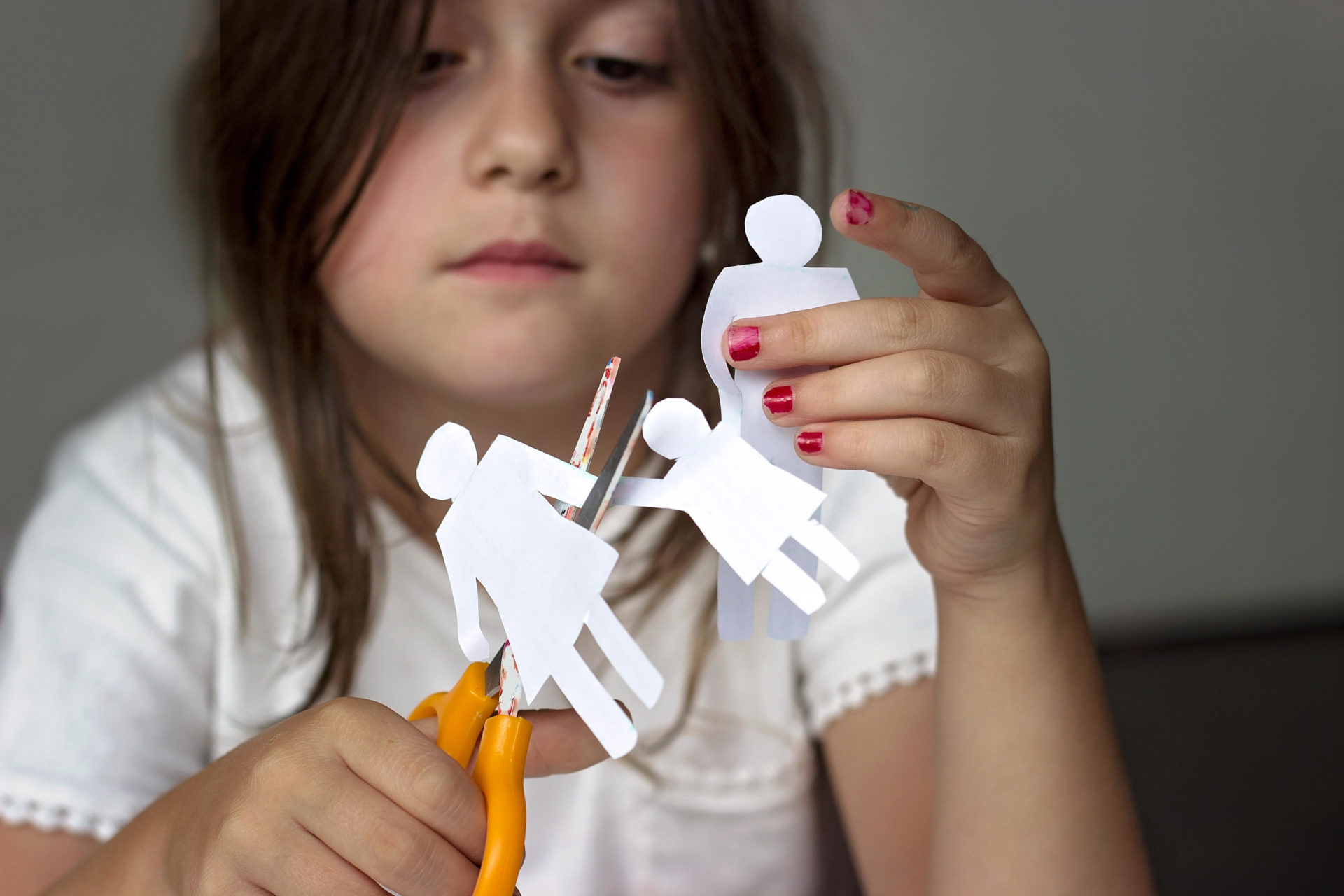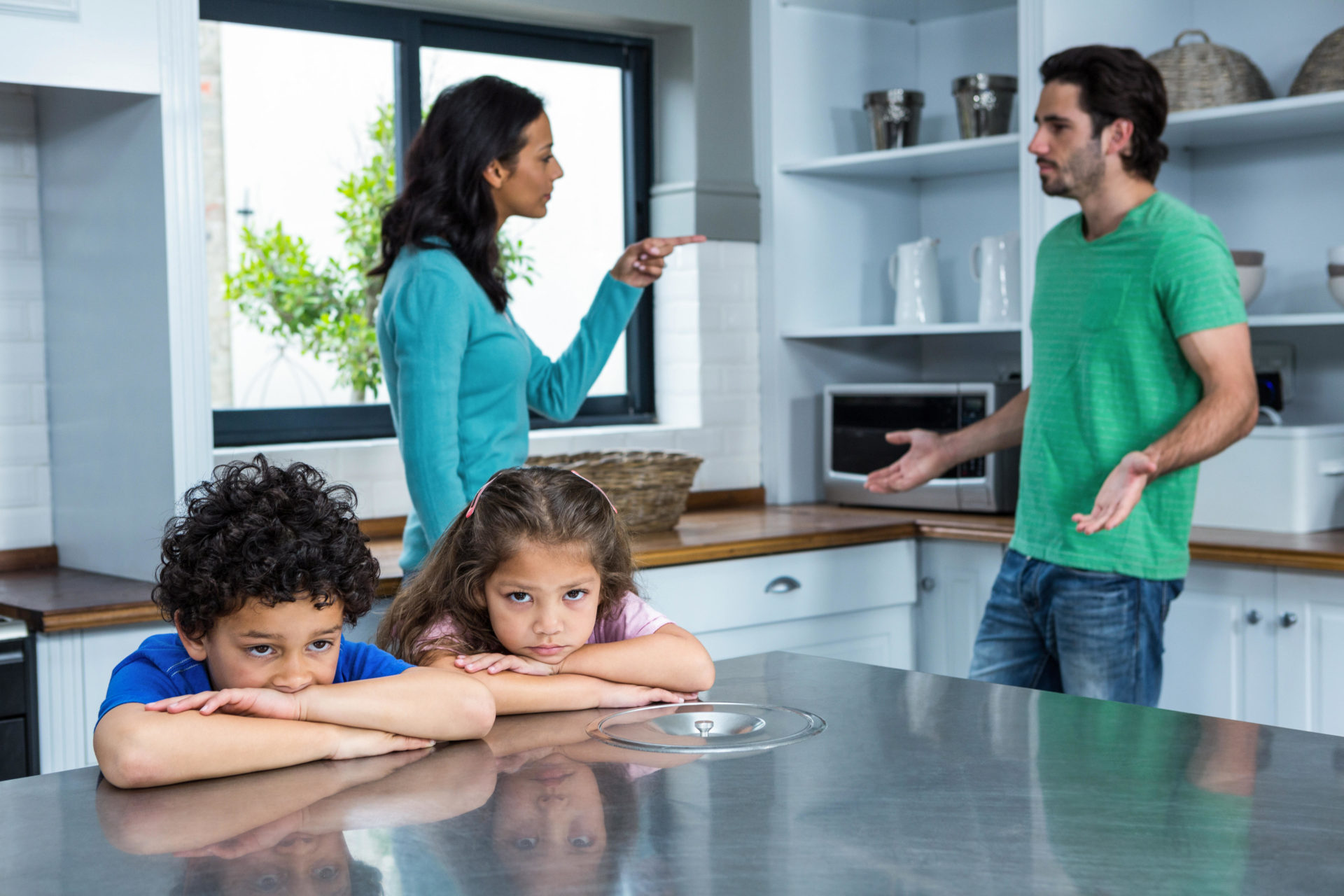Navigating the choppy waters of divorce can be difficult for any adult – but for children, it can lead to a range of new, unusual behaviours.
Divorces between grown adults often come as a result of lengthy, intense and painful conversations, especially when they have children to consider.
For a child, the upheaval of their family structure can be a confusing time – which can lead to changes in behaviour, mood and habits.
On The Pat Kenny Show, clinical psychologist Dr Tara Logan Buckley said by the time most children are aware of their parents' impending divorce, there is little to no chance of reconciliation.
"The decision made at that stage," she said.
This change can be a confusing one for children of all ages, Dr Logan Buckley said.
"There is no right age for a parent to get divorced when it comes to kids – even though people kind of think that there is," she said.
"It does impact children of all ages, and it impacts them a little bit differently."
'Trauma'
Dr Logan Buckley said to a "certain point", children under three will not have a recollection of their parents' separation.
"They necessarily won't remember the lead-up and everything like that, but the trauma of it still will be there," she said.
"It tends to impact kids really, from that six to 12 age bracket the most.
"They're kind of more cognitively attuned, they're able to ask questions, but the thing about it is, at that point, they blame themselves for it."
As children near teenagehood, they are more likely to be self-aware and can understand that instability in the home has led to divorce.
"There is no right or wrong age ... everyone's so individually unique. It's really hard to say how it works with each child," Dr Logan Buckley said.
 Little girl with paper family and scissors (HiddenCatch / Alamy Stock Photo)
Little girl with paper family and scissors (HiddenCatch / Alamy Stock Photo)In young children, behavioural responses may be insecurity or clinginess, as well as missing some of the developmental milestones, or regressing to former ones.
"You might have a three-year-old who might not have been using a pacifier, they might go back to using those," Dr Logan Buckley said.
In school-aged children, the behaviour is more likely to be shown in school, rather than at home.
"Sometimes home isn't seen as that safe place anymore, because one of the parents has left or they're in the process of leaving," she said.
"Have a very good discussion with the teacher to see if they're noticing anything, because you might not see that at home."
Teenagers
Children's feelings may manifest in tummy aches, school refusal and headaches.
"Some kids actually might have sensitivities to food and they might develop rashes, as well, due to the stress," she said.
"Other physical symptoms can be a lot of headaches within adolescence."
 Children listening to parents argument (Wavebreak Media ltd / Alamy Stock Photo)
Children listening to parents argument (Wavebreak Media ltd / Alamy Stock Photo)Dr Logan Buckley said teenagers' behaviour can often be down to a number of factors, so the most important thing is to have a "frank and honest conversation".
"Teenagers are able to handle those types of conversations, talk about the emotions, the impact that it will have," she said.
"The best thing to do is obviously to have no conflict around the children.
"See can you come to a core parenting agreement, and try to make sure that both parents are in the child's life."
You can listen back here:









